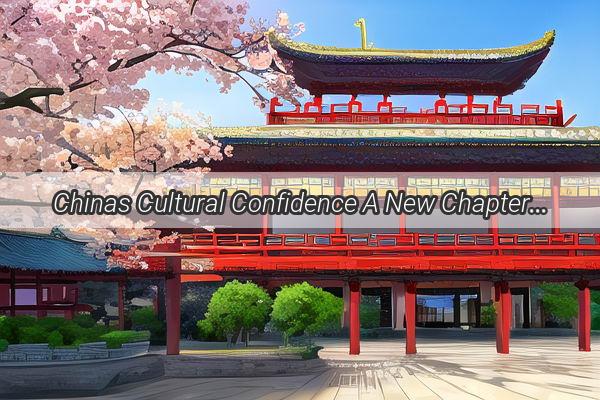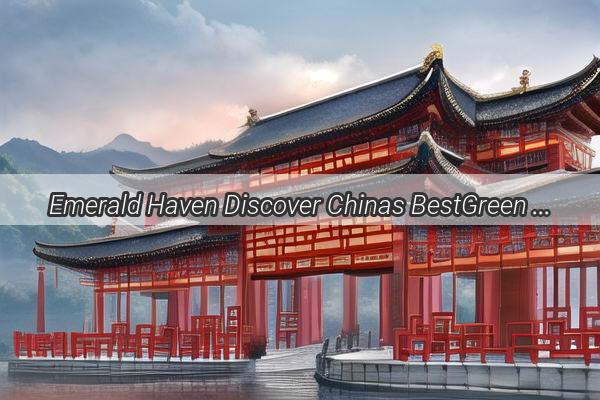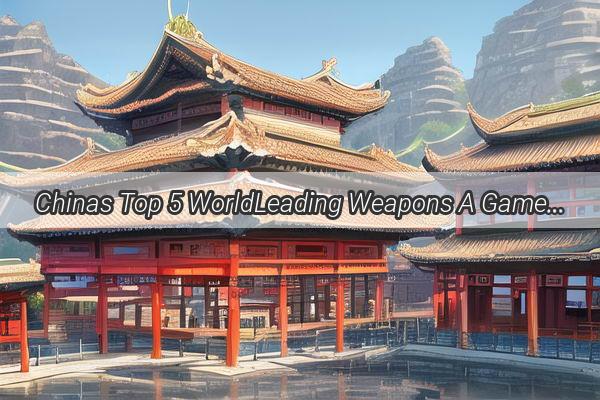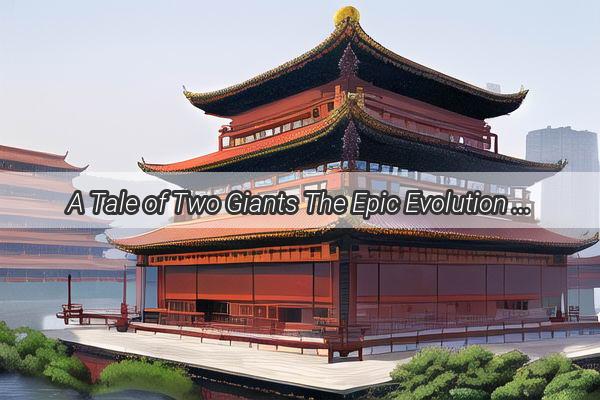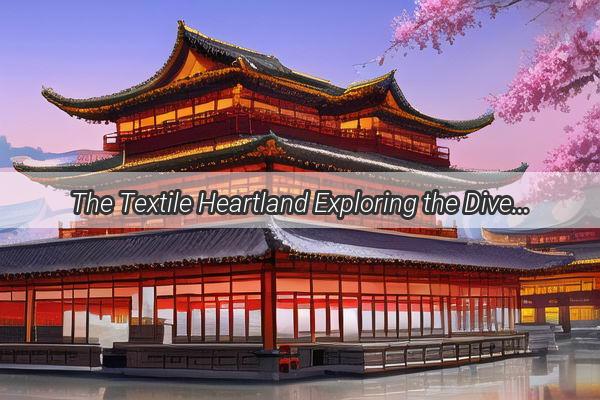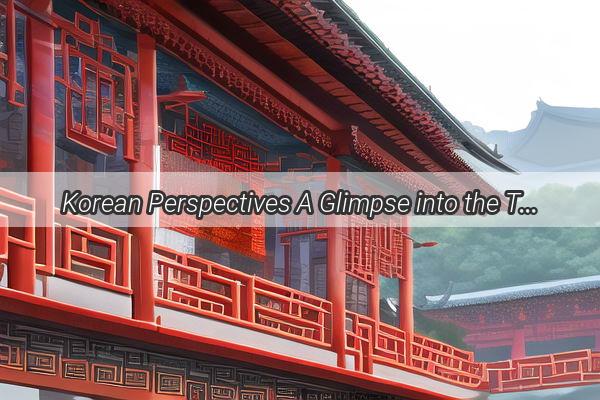Shaken to the Core How Chinas Emerging Power Unleashed a Wave of Concern in Americas Halls of Power
In an age where geopolitical landscapes shift with the rapidity of digital innovation, one nation has emerged as a formidable force, sending tremors through the corridors of power in the United States. The rise of China has not only reshaped the global balance of power but has also instilled a sense of unease and concern in the heart of the American establishment. This article delves into the reasons behind the collective shock in the United States and the implications of China's rise on the world stage.
The Catalyst: China's meteoric ascent
The story of China's rise is one of unparalleled economic and technological progress. Over the past few decades, China has transformed itself from an agrarian society into the world's second-largest economy, with a GDP that is expected to surpass that of the United States by 2030. This meteoric ascent has been powered by a combination of state-driven industrial policies, a massive workforce, and an insatiable appetite for innovation.
A New World Order

The implications of China's rise on the global stage are profound. As China's influence grows, it is challenging the established order, challenging the dominance of the United States and its allies. This shift has caused alarm bells to ring in the halls of power in the United States, leading to a collective shock that has prompted a reevaluation of America's foreign policy and its place in the world.
Economic Concerns
At the heart of America's concern lies the economic dimension of China's rise. The U.S. has watched with growing unease as China has acquired a significant share of the global market and has become a leading player in key industries such as technology, manufacturing, and energy. The fear is that China's economic power could undermine America's economic dominance and lead to a loss of jobs and influence.
Strategic Competition
Beyond economic concerns, the strategic competition between the United States and China is intensifying. The U.S. views China as a strategic competitor, and the rivalry has manifested in various domains, including trade, technology, and military. The U.S. is concerned about China's expansionist ambitions and its attempts to assert its influence in the Indo-Pacific region, which is considered vital to American strategic interests.
Cultural and Ideological Divide
The cultural and ideological divide between the United States and China is also a significant factor in the shock felt in American corridors of power. The U.S. values freedom, democracy, and individual rights, while China adheres to a one-party state and a system that emphasizes state control and collective welfare. This stark difference in values has led to tensions and a sense of threat among many Americans.
A Call to Arms
In response to the perceived threat posed by China, the United States has taken several steps to bolster its position. This includes investing in research and development, strengthening alliances, and pushing back against what it considers unfair trade practices. The U.S. is also engaged in a fierce competition for technological dominance, with an eye on ensuring that China does not become the sole superpower in the 21st century.
A Future of Uncertainty
The rise of China has injected a sense of uncertainty into the future of the global order. While the U.S. and its allies are taking steps to address the challenges posed by China, the path forward is fraught with obstacles. The relationship between the two nations could either become more adversarial or evolve into a complex and dynamic partnership. The outcome of this unfolding drama remains to be seen.
Conclusion
The rise of China has indeed been a source of concern and shock in the United States. As the world's two most powerful nations, the U.S. and China are destined to play a pivotal role in shaping the future of the global order. The question is whether they will navigate this complex relationship with cooperation or conflict. The answer to this question will determine the fate of the world for generations to come.


